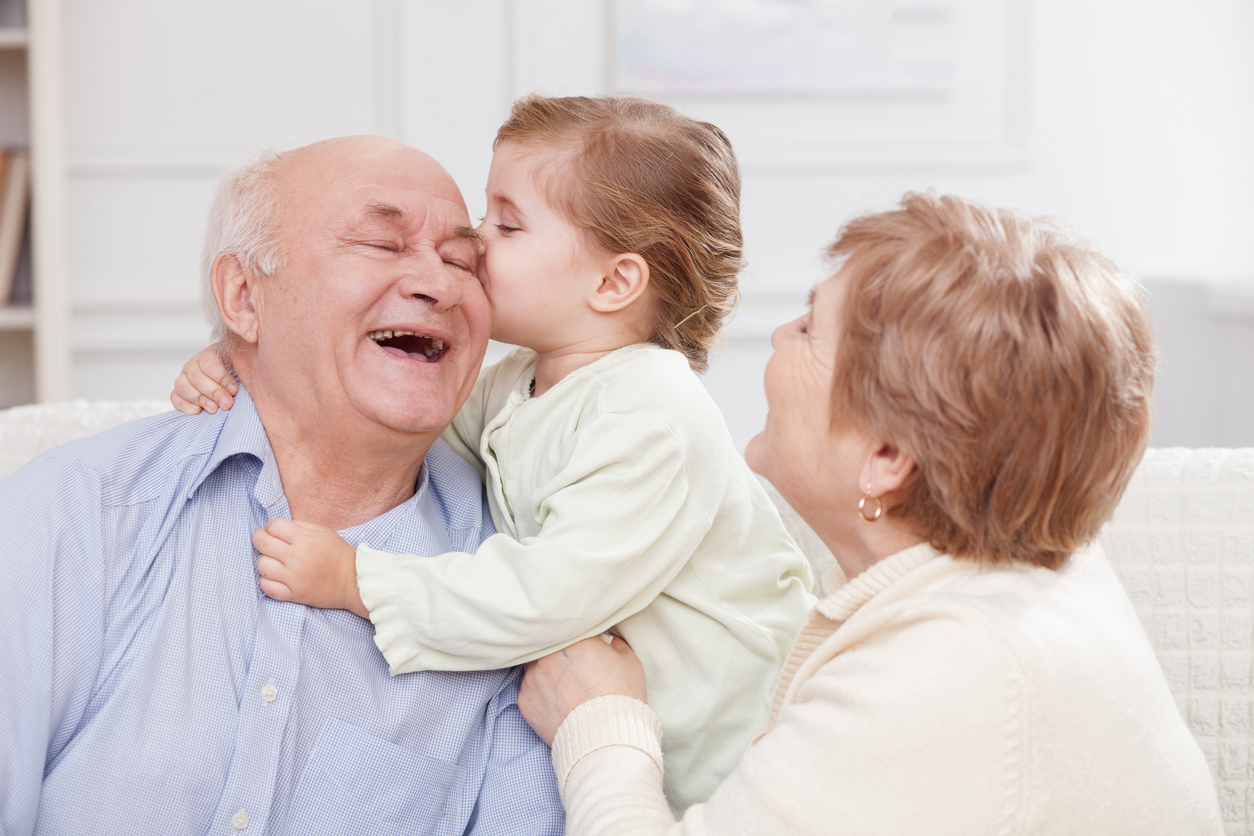
THE average Brit would like six hugs a day, apparently.
We all love a good hug — the more squeezy and bear-like the better, surely — and while chances are we all have at least one or two friends or relatives who are a bit “anti-hug”, most of us would agree cuddles are pretty darn great.
Fans of Hey Duggee, the BAFTA-winning CBeebies animation for pre-school children, narrated by Alexander Armstrong, might be familiar with the “Duggee Hug”.
At the end of each episode, Duggee the dog has a group hug with his “squirrels”, the scout-like group of kids who’ve worked towards a new badge.
It’s received such a positive reaction that BBC Worldwide decided to take a closer look at the nation’s hug habits and attitudes towards the humble hug.
Their survey, of 2,000 Brits, found the average hug will last for 7.7 seconds, and while most say they’d like nearly six hugs a day — though those in the Midlands would like to demand 12 — the actual average falls short.
However, those who only get two shouldn’t really complain, as 33% of the respondents sadly said they receive no hugs at all.
We’re most likely to hug our partners (50%), closely followed by our children.
Pets, naturally, get a look-in, too, with 44% believing dogs are our most-huggable friend, as cats tailed in second place with 19% of the votes.
The fact we use things like hugs to express physical affection and closeness, or to comfort or congratulate each other, for instance, isn’t down to chance.
We’ve become habituated to behave in certain ways, not only because they’re deemed socially appropriate, but because they affect us in a way that’s productive or are useful to our survival.
In the Hey Duggee survey, 35% said they enjoy hugging as it shows affection and increases bonding, while many said it helps them relax, relieve stress, and gives them a sense of belonging.
“Doctor of happiness and hugging expert” Andy Cope, readily backs this up.
“Hugging stimulates the production of oxytocin, a neurotransmitter that acts on the brain’s emotional centre,” he says.
“It promotes feelings of contentment and reduces anxiety and stress, as well as promoting feelings of devotion, trust and bonding,” he says.
“But there’s more. A mum’s touch even seems to mitigate pain.
“Remember when you were a child and you grazed your knee? A loving hug made it all go away.”
Andy, who’s spent a decade studying positive psychology and happiness, adds: “There’s research that indicates hugging releases hormones that have a deep impact on our immune systems.
“Hugging also releases dopamine that can help stave off depression and, it’s believed, even Parkinson’s Disease.
“It’s remarkable that such a complex surge of events in the brain and body are all initiated by a simple, supportive touch.”

Enjoy the convenience of having The Sunday Post delivered as a digital ePaper straight to your smartphone, tablet or computer.
Subscribe for only £5.49 a month and enjoy all the benefits of the printed paper as a digital replica.
Subscribe